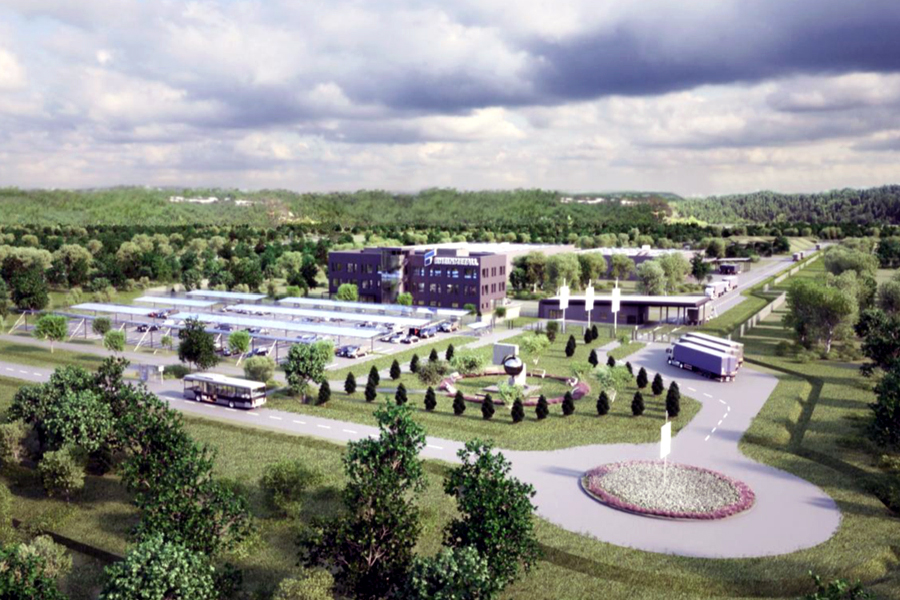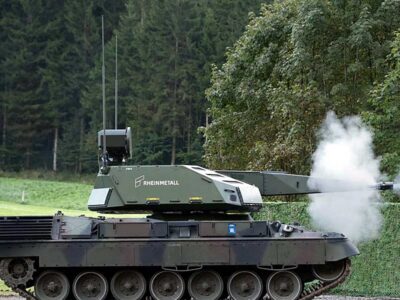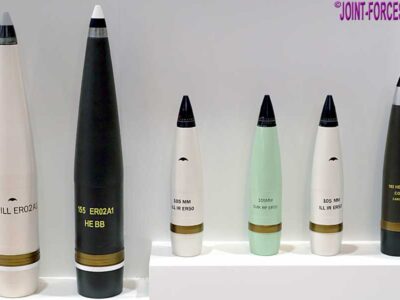The new Rheinmetall ammunition plant in Várpalota, Hungary, is now poised to expand ~ second phase of construction started in January 2024.
~
Press Release, Düsseldorf, 30 January 2024: The new Rheinmetall ammunition plant in Várpalota, Hungary, currently being built by the Hungarian holding company N7 on behalf of the joint venture company Rheinmetall Hungary Munitions Zrt., is now poised to expand as planned. The second phase of construction started in January 2024.
The concept for a multi-phase expansion of the plant existed prior to February 2022 and the Russian invasion of Ukraine. The project constitutes a strategic Hungarian investment in cooperation with Rheinmetall in response to the shortfall in ammunition already apparent at the time given the anticipated increase in demand in Europe and NATO. Furthermore, it has the added aim of reducing Europe’s dependence on overseas imports.
Just one year ago, the foundation stone was laid in Várpalota for the first part of the new Rheinmetall plant, where the joint venture company Rheinmetall Hungary Munitions Zrt. will in future produce ammunition for various systems. The first expansion phase of the plant will enable production of 30mm medium-calibre ammunition for the Lynx infantry fighting vehicles which will be built by Rheinmetall at its new tank plant in Zalaegerszeg, Hungary. Production starts in 2024.
Now set to begin, the ‘Várpalota 2.0’ expansion will increase the size of the plant by 20 hectares to approximately 120 hectares. The number of employees will grow to up to a total of 200. In addition, the product range will expand to include new types of ammunition, principally 155mm artillery shells for the PzH 2000 self-propelled howitzer and 120mm ammunition for the Leopard 2 main battle tank and its potential follower, the Panther KF51 EVO. Production is slated to begin in early 2026. Furthermore, Rheinmetall also plans to carry out development and acceptance testing at Várpalota.
Part of this strategic expansion of capacity for the production of ammunition in Hungary is also an additional plant for the production of explosives (RDX), which is being built in parallel on the same site and also in a joint venture between Rheinmetall and N7. This will also make a major contribution to ensuring the security of supply of this elementary raw material for ammunition production in Europe.
Part of the Várpalota’s output will meet the needs of the Hungarian armed forces, with the rest destined for export. In addition to the newly built plant operated by Rheinmetall Hungary Munitions Zrt., today Rheinmetall already produces ammunition in Germany, Spain, Switzerland, Austria, Italy, South Africa, Australia and the United States.
~




















